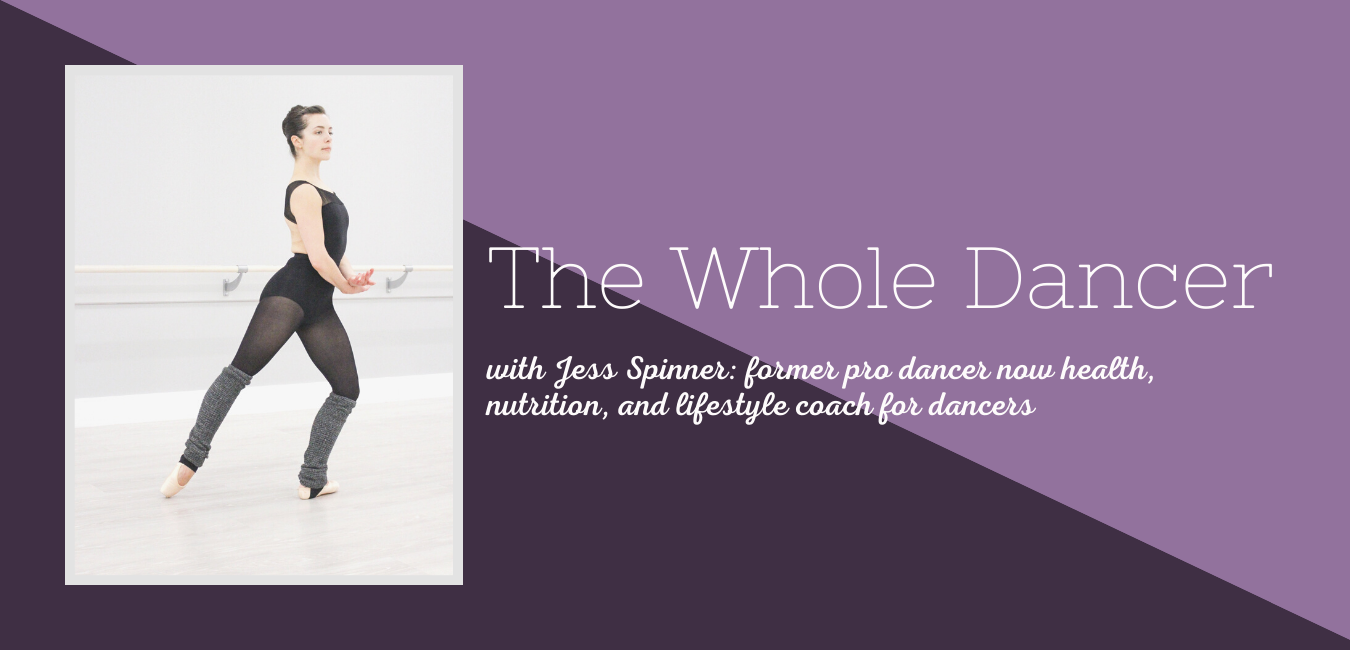Challenge Yourself to Achieve Positive Change
A major casting disappointment.
It’s quite rare to feel totally confident about your position in this industry, especially when you’re getting mixed messages.
The feedback we receive, even when it’s meant to be constructive, can leave us totally confused.
During my senior year of college at Butler University, there was a prestigious guest choreographer staging a new ballet. Everyone wanted desperately to be cast in this ballet.
As per usual, the choreographer chose dancers after watching us try some of his movement phrases.
I was really happy with my performance and hopeful that I had gotten one of the coveted spots.
When the casting sheet went up, I had not been chosen and would instead be in a really modern piece — not my forte.
A few days later, I ran into the dance department head, and she told me, “You would have been cast in that piece, but your partner made you look bad, and that’s why you weren’t chosen.” My first thought was, why are you even telling me this? It didn’t seem constructive, and it magnified my disappointment.
I decided to just move on. I invested myself full force in the piece I was cast in: Twyla Tharp’s “Torelli” — if you know it, you know it’s intense. It ended up being one of the most transformative dance experiences of my life. It helped prepare me for future castings in movement styles that felt less natural — something you’ll face often in ballet companies today.
The original disappointment turned out to be a huge blessing and learning experience. To help you see disappointment’s as opportunity, here are some tools of transformation.
Transform your mindset around disappointment.
In the coming months, you might be returning to a more “normal” dance environment. You’ll be back in classes, auditions, rehearsals, or casting situations that may have stressed you out in the past. Here are some ways to transform your approach to feel more balanced and positive along the way. Attention to mindset is one of the key tools of transformation.
- What’s meant for you will come. In the moment, this can be hard, but work towards a place of believing that something better is coming. You’re not getting the role you want, but a different role might in fact provide greater opportunity for growth.
- Lead with gratitude. What’s going well? What privileges and experiences exist in your life that you can acknowledge regularly to feel more whole?
- Stay aware of what’s within your control. You don’t get to decide what roles you’ll dance. You do get to decide how you will show up in rehearsals and what kind of work ethic you’ll apply.
Commit to finding ways to show up and find your happiness even in more challenging dance experiences.
Cultivate unshakeable body confidence for dance.
Confidence is defined as– “a feeling of self-assurance arising from one’s appreciation of one’s own abilities or qualities.”
To translate that idea to your body, practice The Whole Dancer Body Image Booster each and every day. It’s about recommitting to gratitude for all that your body does. Include it as part of your morning routine, just like brushing your teeth.
Stay mindful of what you’re making things mean. When something disappointing happens (you don’t get the job, role, etc.), do you always make it about your body? If body confidence is an area of struggle for you, it’s very possible you blame your body when anything goes “wrong.”
You can’t blame your body when it’s what allows you to dance. Without it, you’d be missing out on dancing altogether. Unshakeable body confidence is one of the key tools of transformation.
Prioritize self-care.
If you’ve been following The Whole Dancer for a while, you might think I sound like a broken record. It’s just a very strong belief of mine (and one that’s validated over and over again by the dancers I work with) that caring for yourself promotes self-love.
Here are some easy self-care practices to include:
- Keep healthy sleep routines with morning and evening activities that promote rest and relaxation. This might look like putting your phone away at a certain time each night and committing to not touching it for the first couple hours in the day.
- Consistently eat enough. Do the planning required to have lots of meal and snack options ready to go, especially when things get busy.
- Create a pleasing, calm, and relaxing home environment. You can do this by diffusing essential oils, bringing plants into your home, and opening windows to allow fresh air in.
Self-care also includes the basics: taking a break when you need one, sitting on the couch without guilt, waking up, getting dressed, brushing your teeth, and feeling your feelings (cry whenever and however much you want). Stay tuned for a new resource, “A Dancer’s Guide to Self-Care,” coming out later this month for even more tips and ideas. If you’re on The Whole Dancer email list, you’ll be the first to get it!
Tools of Transformation was originally published on April 30, 2016
Reposted and updated for clarity and content on June 30, 2021

